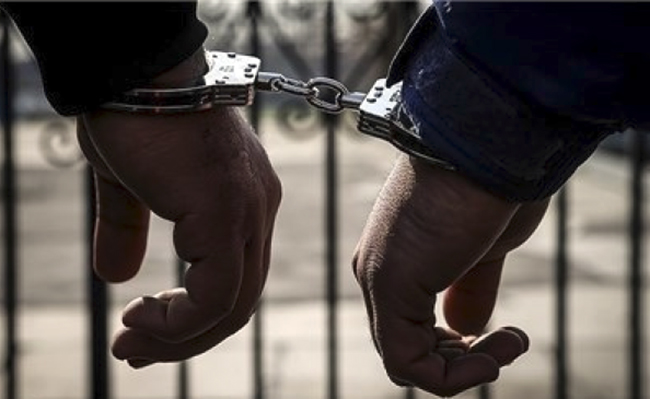There are some practices which are considered against collective conscience and will hurt the feelings of the public in a society. For instance, violence and bloodshed and flagrant violation of human rights are against national and international law. Men are born free and should be able to exercise their rights and liberty without a sense of fear and anxiety. Those who trample upon the rights of individuals or curtail their freedoms without legal bases are supposed to be prosecuted.
Men’s tendency towards crime is an undeniable fact and no society is void of crime. To combat crime and anti-social practices, many branches of knowledge are formed in social science, especially criminology and criminal law. Some scientists argue that it would be far significant to root out the grounds for crime rather than punishing the criminals. Both, however, are crucial.
First and foremost, the relations between criminology and criminal law are needed to be explained. Criminal law focuses on a crime on the basis of material, spiritual and legal elements and the intention of criminal. Based on it, “No deed shall be considered a crime unless ruled by a law promulgated prior to commitment of the offense.” Nonetheless, criminology concentrates on the personality of criminals and their mental, physical and social features and the incentive for crime. Secondly, criminal law will punish those who ignore dos and don’ts written in a booklet. In criminology, however, any individual and collective deeds which dismantle the social order will be considered worthy of punishment in spite of not being mentioned in law. So, the realm of criminology is wider than criminal law and includes immoral practices. For instance, establishing gambling zone and gambling in public places will be a crime in criminal law but gambling both in public and private milieu will be considered a social ill in criminology. Thirdly, methods of crime prevention, such as torture and punishment, in criminal law will be in conflict with criminology and is not an effective mechanism for mending the criminals. In brief, a judge focuses on the type of crime, but a criminologist seeks to consider anti-social practices, the threat they pose to a society and the grounds for crime. To put it succinctly, a judge will punish criminals but a criminologist will find out the reasons behind the crime and eliminate them in one way or another.
The theory of “anomie”, which was coined by Emile Dwrkeim, suggests that when people do not know how to behave with one another and be unaware of one another’s expectation, a kind of disorder or anomie will emerge. Doing a research over the society of 1897, Dwrkiem figured out a sort of moral disorder in that society where people could not control their behaviors and he used this term (anomie). The current society in which relations have been changed from the mechanic into the organic, norms cannot control the social activities – this has led to disappointment and diversion.
He further points out that a society always entails a certain number of criminals and a society void of crime will be abnormal. Crime and diversion will designate border between the good and the bad and social reaction towards moral corruption will make one understand what to do. The question is that what should be done to curb the diversion?
Mankind usually seeks its self-interests. To restrict one’s interests, socialization and education are highly necessary. Inappropriate and insufficient activities in cherishing one during the childhood will weaken one’s control and s/he will show tendency towards enjoyment and divert from the right path. Hence, enhancing self-control will decrease crime and corruption.
Some crime is committed because of underestimating one on the grounds of their sex. For instance, women are discriminated in a patriarchal society since the structure of the society is engineered by men. In other words, men have absolute power and women are subject to them. So, women must not be marginalized and are supposed to take active part in the society along with men.
Positivism suggests that man has free will and also can differentiate between the good and the bad. Based on this theory, man’s attitude stems from mental and social features and his nature if flexible. This adds that legislative power seeks to cure physical and mental disease of a criminal and mend their behaviors.
No wonder, there are many reason behind committing crime. Social, political and economic factors play a highly crucial role in a society. A number of individuals are believed to join terrorist networks so as to alleviate their economic challenges. Similarly, some are born and bred in closed structure where parochial mindsets prevail which force them to show inclination to violence and militancy.
To mitigate crime, both criminals and the grounds for crime will have to be combated. Criminological theories are to be used in preventing crime. Little wonder, when a society is strong politically and financially, the crime rate will decrease. It would be far effective to invest on criminology with the aim of analyzing the main reasons behind crime and eliminating them. As it was mentioned earlier, a society without crime is abnormal. So, establishing a utopian society is impossible but the world must seek to decrease the crime rate.

